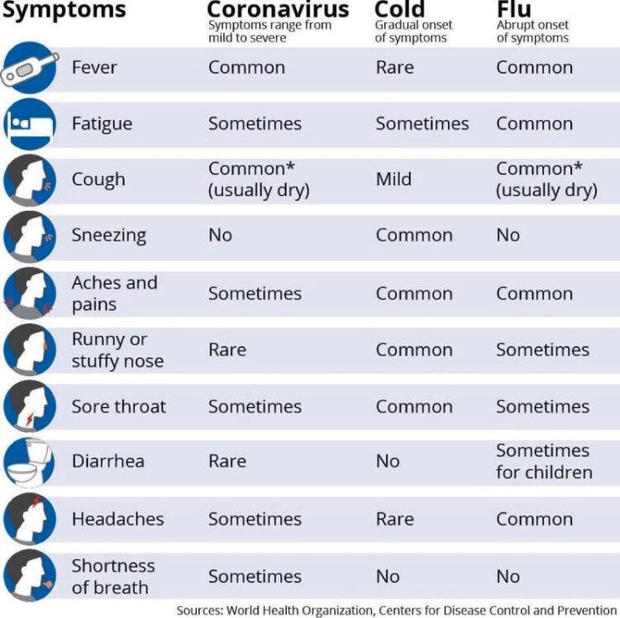“Among adults, the risk for severe illness from COVID-19 increases with age, with older adults at highest risk. Severe illness means that the person with COVID-19 may require hospitalization, intensive care, or a ventilator to help them breathe, or they may even die.
Full story at Source: >Older Adults | CDC
“your risk of getting severely ill from COVID-19 increases as you get older. In fact, 8 out of 10 COVID-19-related deaths reported in the United States have been among adults aged 65 years and older.
“The best way to protect yourself and to help reduce the spread of the virus that causes COVID-19 is to:
- Limit your interactions with other people as much as possible.
- Take >precautions to prevent getting COVID-19 when you do interact with others.
“If you start feeling sick and think you may have COVID-19, get in touch with your healthcare provider within 24 hours
“the more people you interact with, the more closely you interact with them, and the longer that interaction, the higher your risk of getting and spreading COVID-19.
- If you decide to engage in public activities, continue to protect yourself by practicing everyday preventive actions.
- Keep these items on hand and use them when venturing out: a cloth face covering, tissues, and a hand sanitizer with at least 60% alcohol, if possible.
- If possible, avoid others who are not wearing cloth face coverings or ask others around you to wear cloth face coverings.
For full extensive details continue at CDC site source link above

